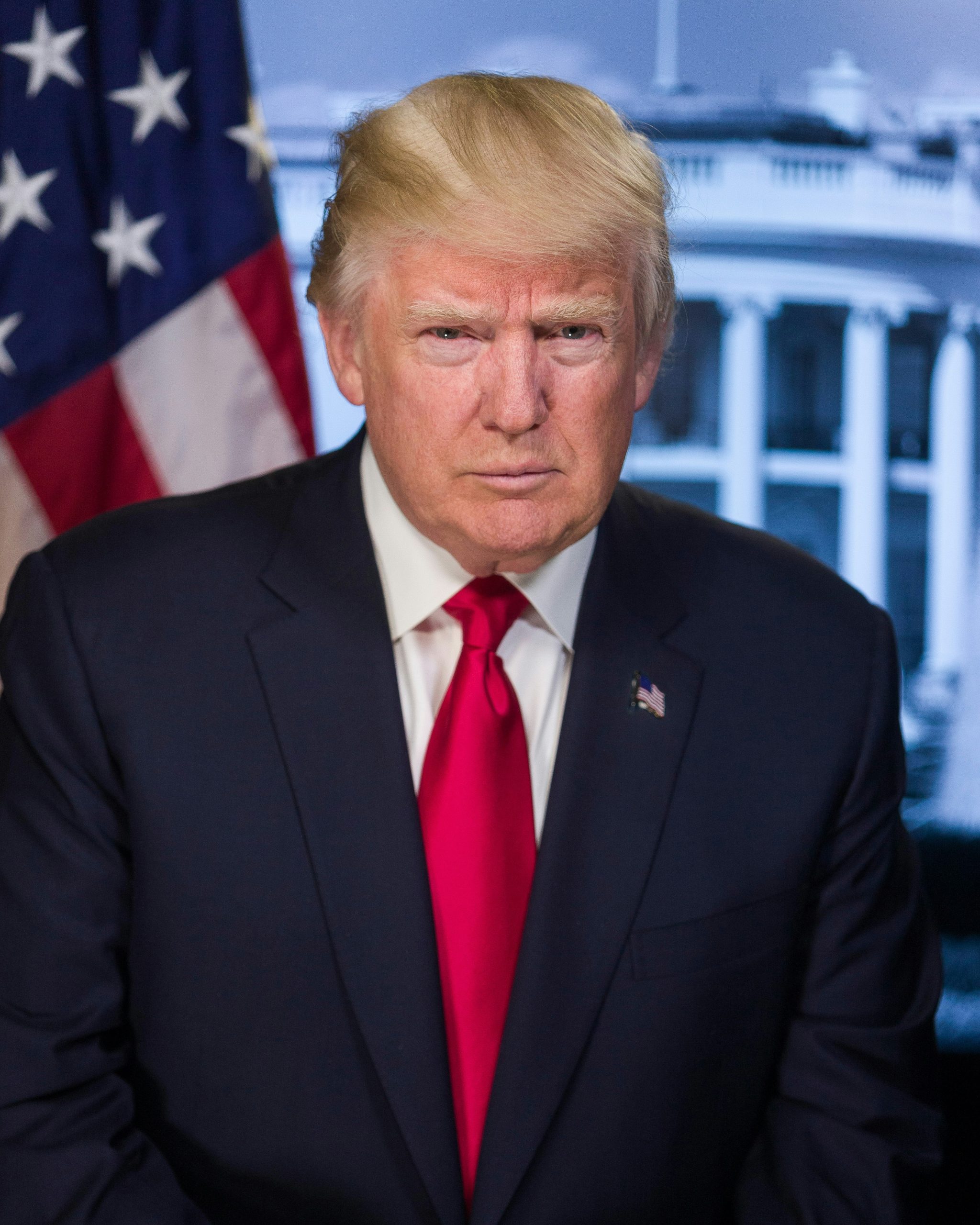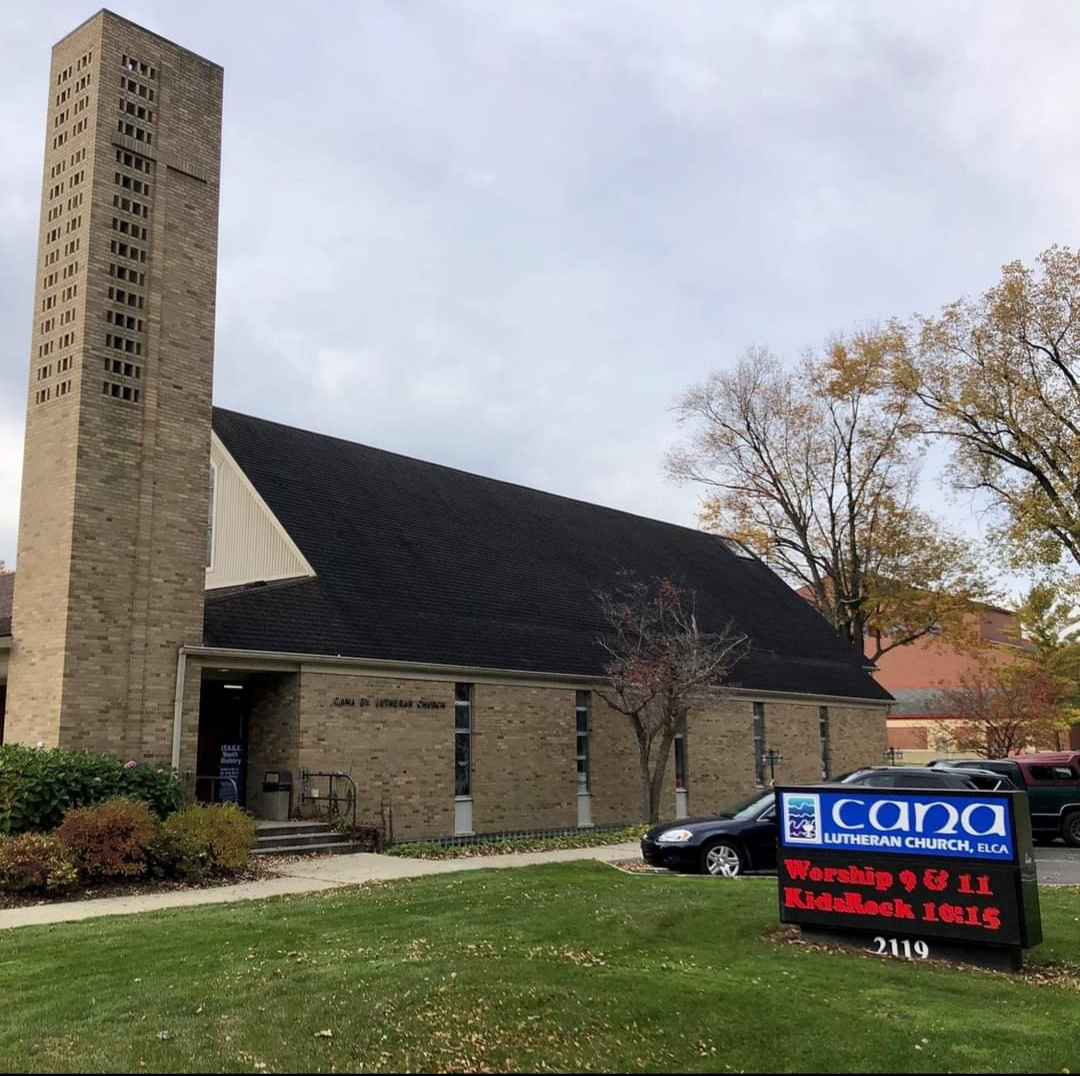Former President Donald Trump’s candidacy bid in the 2024 election has encountered significant opposition. The eligibility of Trump’s run has been called into question due to a clause in the fourteenth amendment regarding insurrections. This pushback came to fruition when Colorado’s Supreme Court banned Trump from their state’s primary ballot. While some states, like Maine, are following suit, others, like Michigan, opposed this move. This case is now in the hands of the U.S. Supreme Court, who is hearing Trump’s appeal to Colorado’s ban in the near future.
This news has been making headlines for weeks, but to understand its significance, the case must be fully understood. To start, the third section of the fourteenth amendment is a part of the U.S. Constitution which outlines what disqualifies an individual from holding office. This clause states, “No person shall be a…elector of President and Vice-President, or hold any office, civil or military, under the United States, or under any State, who, having previously taken an oath… as an executive or judicial officer of any State, to support the Constitution of the United States, shall have engaged in insurrection or rebellion against the same, or given aid or comfort to the enemies thereof.” Simply put, this clause makes explicit that if a sworn official of the country engages in an insurrection, they can no longer hold office.
An insurrection is a violent revolt against the government. Many are applying this to Trump because of his involvement in the attacks on the United States Capitol Building on Jan. 6, 2021. This attack was carried out by Trump supporters who were angry at his loss to President Joe Biden in the 2020 presidential election. American Oversight explains that the armed mob invaded the Senate chamber as Congress was meeting to “certify the results of the presidential election”, with the goal of a “violent overthrow” to stop the election certification. This was spurred by the unfounded theories of voter fraud via absentee ballots in the 2020 election. The attackers falsely believed that Trump’s win was stolen from him through fraud and wanted to overturn the election decision. Many viewed this as a threat to democracy and popular sovereignty, as the majority voted on Biden, yet this mob disregarded the people’s choice. January 6th was deemed an insurrection. For one, it was violent; four people among the mob were killed, and a Capitol officer was beaten by the mob and died, according to The New York Times. Further, it was a revolt against the government, as it went against the process America’s democracy uses to elect a president.
Although this claim is highly up for debate, Reuters states that 71% of adults believe that Trump is at least partly responsible for this insurrection, and that about half of people believe he must be held responsible for his actions. First, this is believed because of his refusal to admit that he fairly lost the election. His unwillingness to obey the voters’ decision is further illustrated through the fact that there was a six-hour meeting on December 18, 2020, where, according to Reuters, “Trump disregarded White House staffers who urged him to concede the November 2020 election to Democrat Joe Biden”. Trump instead continued with his baseless claims of election fraud, and after the meeting on December 19, 2020, he posted to Twitter calling for supporters to come to Washington for a “big protest”, adding, “be there, will be wild”. Many believe these actions and calls on supporters link him directly to the insurrection, which then gives reason to remove him from the primary ballot.
Contrarily, Trump ceaselessly claims that he had no engagement in the insurrection. He appealed Colorado’s decision on the grounds that the amendment was inapplicable and the decision was unconstitutional. This case is now in the hands of the U.S. Supreme Court, who will determine if states are allowed to ban Trump from their ballots due to the fourteenth amendment.
Michigan, contrary to Colorado, dismissed the plea to take Trump off of the ballot. CNN explains that the Michigan Court of Claims judge said, “state law doesn’t give election officials any leeway to police the eligibility of presidential primary candidates. He also said the case raised a political question that shouldn’t be decided in the courts.” This decision by Michigan did not make mention of their thoughts on Trump’s involvement in the riot or the applicability of the amendment.
This decision by Colorado’s Supreme Court is extremely rare. Reuters states that it “makes Trump the first presidential candidate deemed ineligible for the White House”. This reveals a time of radical politics, since such a drastic measure has never been needed before. The option of banning Trump from a primary ballot exemplifies the importance of holding all people, even presidents, accountable for their actions. On the other hand, many believe banning someone from candidacy is unheard of, and in a way is radical itself, ridding voters of their choice to support this certain candidate. That being said, the attempt to ban Trump is a way of upholding constitutional law.
The decision from the U.S. Supreme Court should come soon, but either way, it signifies the dire state of America’s politics.








